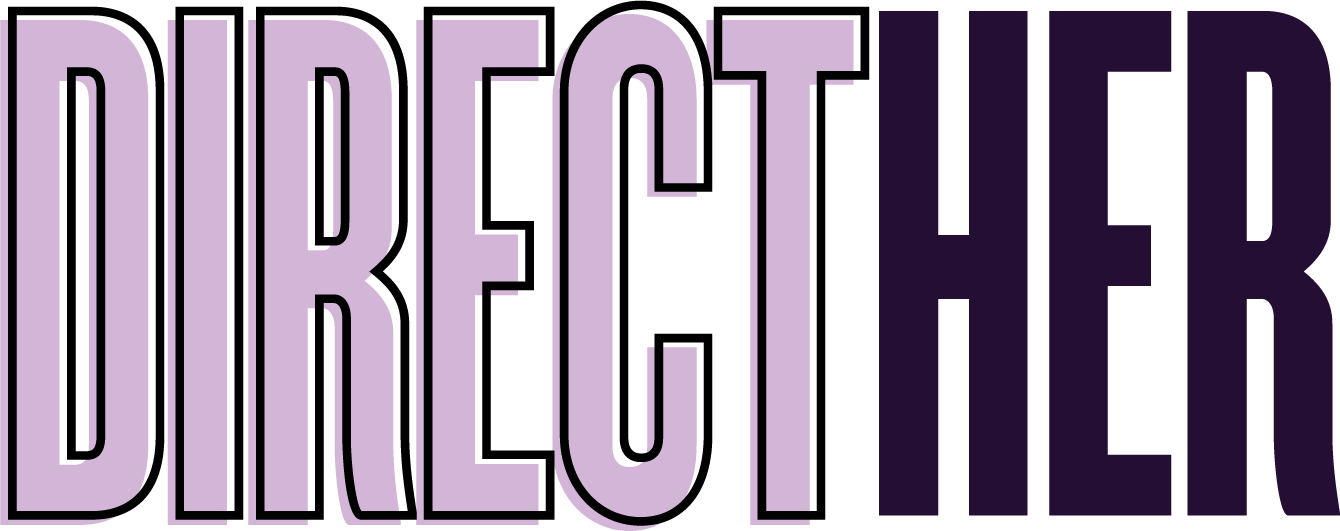The Power of the Pause
by Chantel Cabaj
A few weeks ago I wrote this article about the Power of the Pause. The main message was that all events, from a new board member joining your board to a global pandemic, present an opportunity for boards to collectively pause and reflect on the effectiveness of their governing model. What’s a governing model? It’s the way a board defines its work, and the system it puts in place to ensure that work gets done.
My experience is that board members are so eager to prove their worth, (and/or awe struck by their impressive board members), that they immediately jump into performing the work of the board. What’s the risk? This can create a cycle where the board fails to ask questions about how it does or should add value, and how it’s ensuring that work gets done effectively.
Why does any of this matter?
Because a board needs to create the conditions to be helpful to the organization it serves. If board roles are unclear or board processes don’t help a board contribute to strategy, a lot of time can be wasted, and the board doesn’t have the opportunity to be truly helpful in envisioning big, bold opportunities for the organization. The result is, at best, the same old, and at worst, a slow or rapid decline for the organization.
So how do you push for a pause?
This goes to a fundamental realization - one that’s the core of the BoardWell methodology: boards are simply teams of people, trying to achieve a common goal. And all teams operate in a “human system”. The “humanness” of your board is often the greatest challenge and opportunity to success. If recognized and embraced, your board has the opportunity to govern with ease and quite simply, provide the organization you serve more value. But where any team, including a board, fails to embrace the importance of human dynamics, challenges become a matter of “when” not “if”.
I was reminded of the importance of the human system approach while listening to Brene Brown’s podcast with Dr. Marc Brackett on the importance of emotional intelligence. This episode goes into detail about RULER, an evidence-based approach to social and emotional learning developed at the Yale Centre for Emotional Intelligence. Through working with this approach, people become more present, better learners and better decision-makers - all the characteristics of a great board! And no surprise, one of the biggest barriers to embarking on the RULER approach is a failure to pause and allow for reflection on our own emotions and the emotions of others.
If you are still convinced that boards can operate without integrating the importance of human dynamics into their governing model, I’ll leave you with these quotes from the episode:
“I have never met a truly transformational leader that did not have a deep understanding of their own emotional landscape and the emotional landscape of other people.”
“Courageous leadership requir[es] the ability to attend to fears and feelings of the people we lead and serve and support...You can either spend a reasonable amount of time attending to fears and feelings or an unreasonable amount of time dealing with problematic behaviours.”
